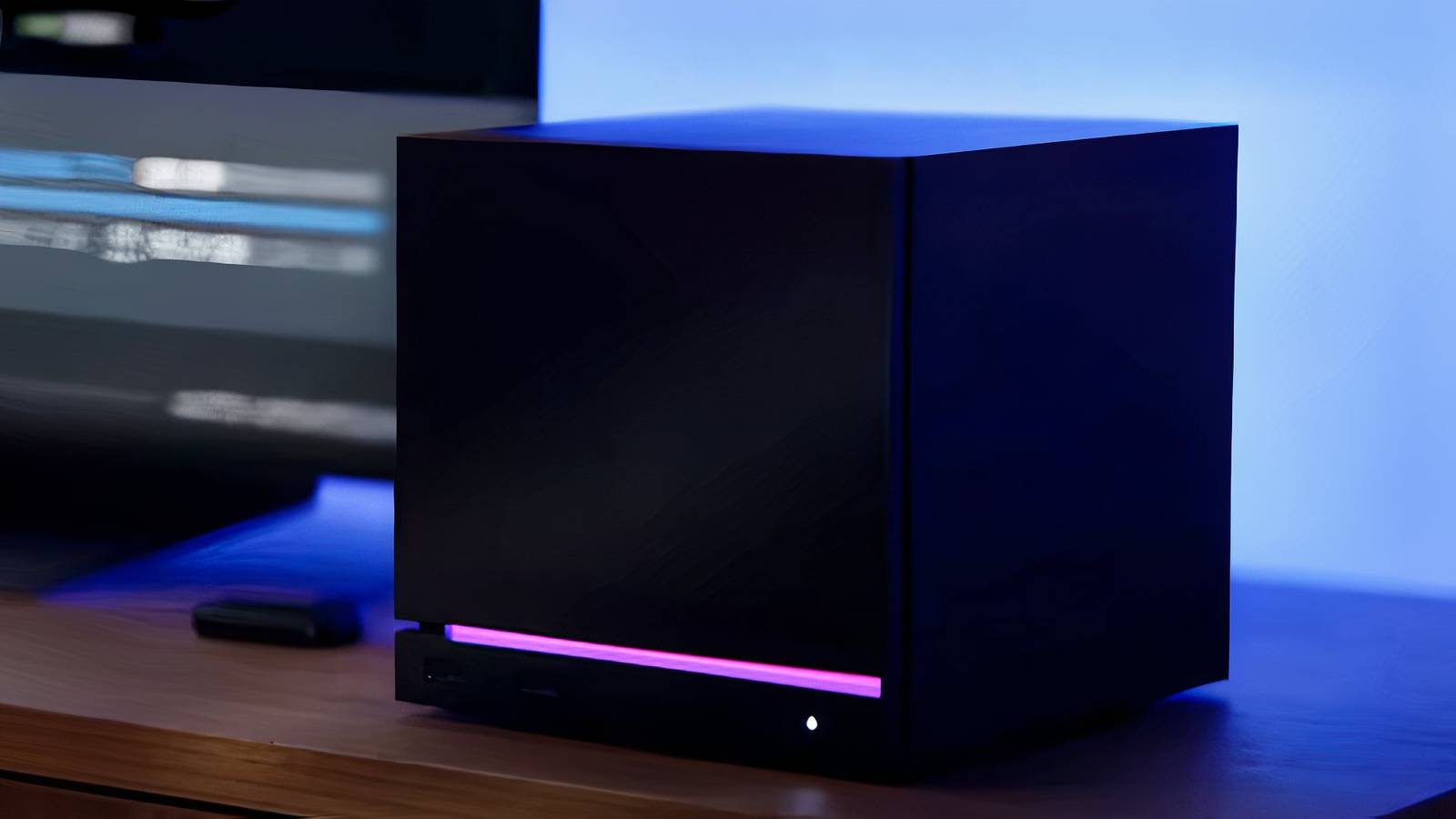I’m very much a console girl. Sure, I play plenty of games on PC, but I largely prefer the console experience. When a new game comes out, I don’t have to worry about upgrading my PlayStation 5 or Xbox Series X. I just hit “new game,” and away we…

I’m very much a console girl. Sure, I play plenty of games on PC, but I largely prefer the console experience. When a new game comes out, I don’t have to worry about upgrading my PlayStation 5 or Xbox Series X. I just hit “new game,” and away we…